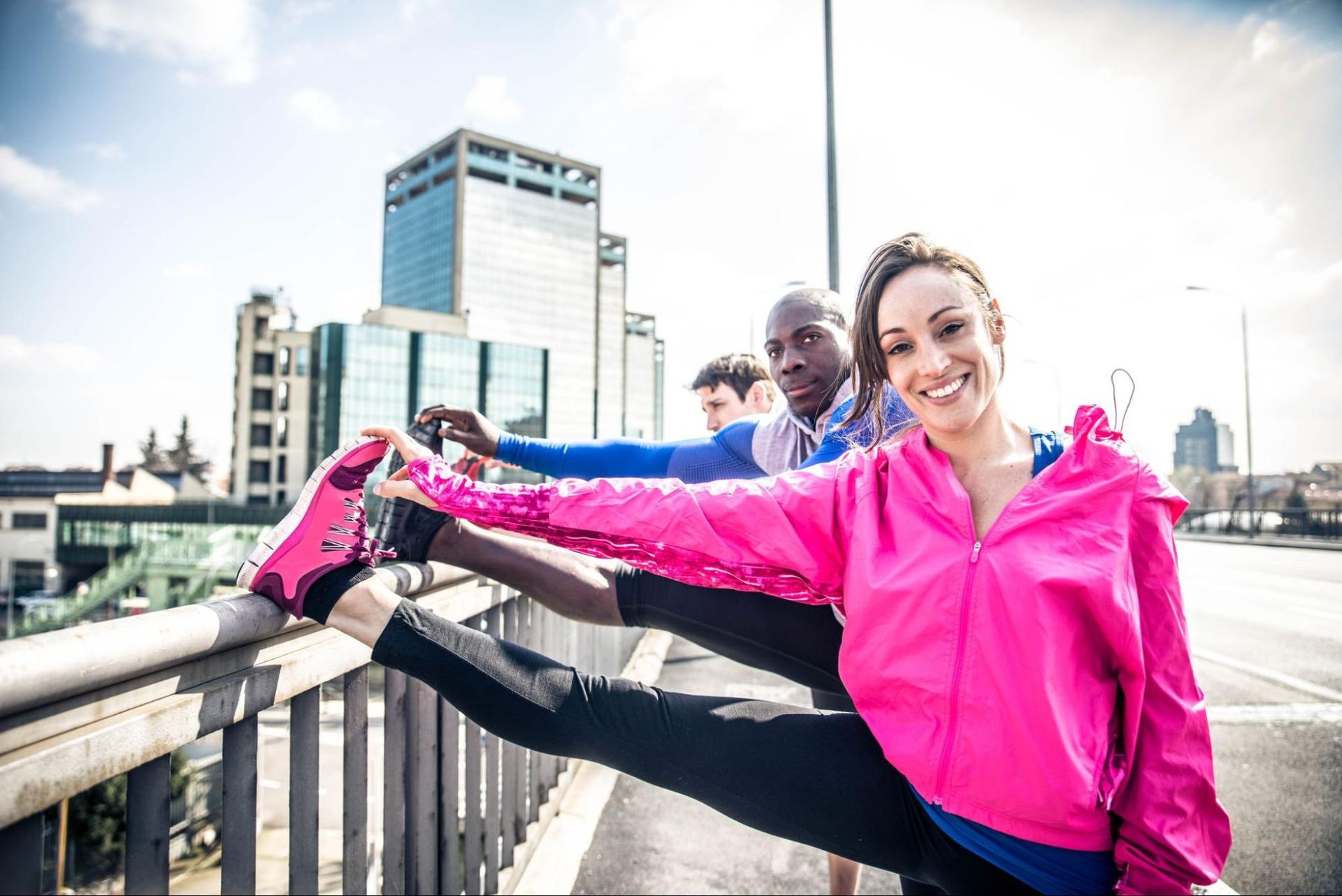Call us at (909) 674-0071
The Role of Stretching in Stress Reduction and Relaxation
The Surprising Benefits of Stretching for Stress Reduction
In the hustle and bustle of modern life, stress has become an unwelcome companion for many. From tight deadlines at work to the demands of personal life, stress can take a toll on both our physical and mental well-being. While there are various methods to cope with stress, one often overlooked yet highly effective strategy is incorporating regular stretching into our routines. In this blog, we'll explore the powerful connection between stretching and stress reduction, shedding light on how this simple practice can be a game-changer for relaxation.
Understanding Stress and Its Effects
Before delving into the benefits of stretching, it's crucial to understand the impact of stress on our bodies. Chronic stress triggers a cascade of physiological responses, including elevated levels of cortisol, the body's primary stress hormone. This heightened state of alertness can lead to muscle tension, headaches, and a general feeling of discomfort. Over time, if not managed properly, chronic stress can contribute to more severe health issues, such as cardiovascular problems and compromised immune function.
The Physical Manifestation of Stress
One of the most tangible ways stress manifests itself is through muscle tension. When we're stressed, our bodies instinctively go into a "fight or flight" mode, causing muscles to contract and tighten. This tension, if left unaddressed, can result in stiffness, pain, and a decreased range of motion. It's here that the role of stretching becomes particularly significant.
Stretching as a Stress-Buster
Stretching is not merely about improving flexibility; it's a holistic practice that engages both the body and the mind. Here's how incorporating stretching into your routine can contribute to stress reduction and relaxation:
1. Muscle Relaxation
Stretching promotes the release of tension in muscles. As you stretch, blood flow to the muscles increases, delivering oxygen and essential nutrients. This, in turn, helps relax the muscle fibers, alleviating tightness and reducing the physical sensations associated with stress.
2. Stress Hormone Regulation
Engaging in stretching activities has been shown to modulate cortisol levels. By actively participating in stretching exercises, the body signals a relaxation response, leading to a decrease in cortisol production. This hormonal balance contributes to an overall sense of calm and well-being.
3. Mind-Body Connection
Stretching is not just a physical activity; it involves a mindful connection with your body. Focusing on your breath and the sensations in your muscles during stretching can help shift your attention away from stressors, promoting a sense of mindfulness and presence in the moment.
4. Improved Circulation
Stretching enhances blood circulation, ensuring that oxygen and nutrients reach all parts of the body efficiently. Improved circulation not only aids in muscle recovery but also supports overall cardiovascular health, which is often compromised during periods of chronic stress.
5. Alleviation of Tension Headaches
Many people experience tension headaches as a result of stress-induced muscle tension in the neck and shoulders. Regular neck and shoulder stretches can be particularly effective in reducing the frequency and intensity of tension headaches.

6. Enhanced Sleep Quality
Stress and poor sleep often go hand in hand. Incorporating stretching into your bedtime routine can help relax your body and mind, making it easier to unwind and enjoy a restful night's sleep. Improved sleep quality, in turn, contributes to better stress management.
Incorporating Stretching Into Your Routine
Now that we've explored the benefits of stretching for stress reduction, the next question is: how can you incorporate stretching into your daily routine? Here are some practical tips:
1. Morning Stretch Routine
Start your day with a gentle stretching routine. Focus on major muscle groups, such as your neck, shoulders, back, and legs. This not only helps wake up your body but also sets a positive tone for the day ahead.
2. Desk Stretches
If you have a desk job, take short breaks throughout the day to stretch. Simple seated stretches, neck rotations, and wrist exercises can be done discreetly at your desk, providing relief from tension.
3. Evening Relaxation
Wind down in the evening with a more extended stretching session. Include dynamic stretches to improve flexibility and static stretches to relax muscles. This can be especially beneficial for releasing tension built up during the day.
4. Mindful Stretching
Treat stretching as a form of meditation. Focus on your breath, and be present in the movements. This mindful approach can enhance the relaxation benefits of stretching.
5. Incorporate Yoga
Consider incorporating yoga into your routine. Yoga combines stretching with breath control and meditation, providing a comprehensive approach to stress reduction and relaxation.

Incorporate Stretching Into Your Daily Routine
In the fast-paced world we live in, stress is inevitable, but how we respond to it can make all the difference. By incorporating regular stretching into our routines, we not only address the physical manifestations of stress but also cultivate a mindful and holistic approach to well-being. As we stretch our bodies, we also stretch our capacity for resilience, creating a harmonious balance that promotes relaxation and stress reduction. So, take a moment, breathe deeply, and stretch—your body and mind will thank you for it.
Check out our
StretchX blog today to learn more about the benefits of our stretching services.
Certified Stretch Instructor
Phone: (909) 674-0071
Business Hours: Monday to Friday: 8am - 7pm • Saturday: 7am - 1pm
All Rights Reserved | StretchX




